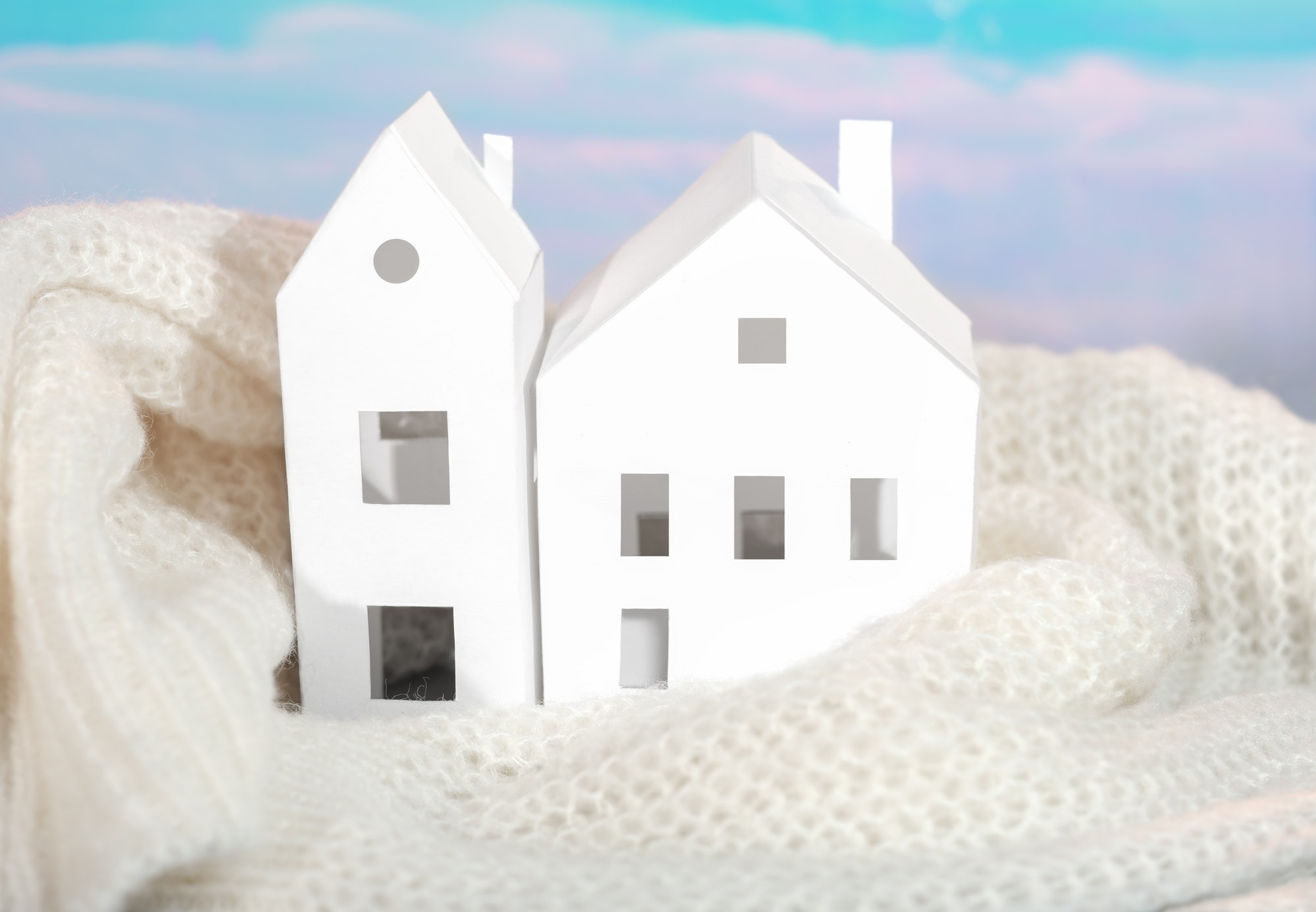Introduction
Mortgage rates in New York, like in many parts of the world, fluctuate based on various economic factors. Today’s mortgage rates in NY can significantly impact a homeowner’s financial decisions and their ability to purchase property. In this guide, we’ll delve into the nuances of mortgage rates in New York, exploring how they’re determined, what influences their changes, and how potential homebuyers can navigate this dynamic landscape. Find competitive mortgage rates NY. Compare lenders, loan types, and terms to secure the best mortgage rate for your financial needs and goals. In this article we will explore about mortgage rates New York or we can also say mortgage rate NY in simple terms. Explore today’s mortgage rates NY in detail.
What are Mortgage Rates?
Mortgage rates refer to the interest mortgage rate charged on a home loan borrowed from a financial institution. This rate directly affects the monthly payment and the overall cost of purchasing a property. In New York, these rates can vary based on multiple factors, including the borrower’s credit score, the loan term, and the current economic climate.
Today’s Mortgage Rates in NY
To obtain the most accurate and up-to-date information on today’s mortgage rates in New York, these sources often provide real-time updates on current mortgage rates for different types of loans (e.g., 30-year fixed-rate, 15-year fixed-rate, adjustable-rate mortgages) specific to the New York market.
Additionally, financial institutions often publish their current mortgage rates on their websites or through rate comparison tools. These resources can give you a better idea of the prevailing rates in New York and help you compare options. Before making any financial decisions.
Remember, when exploring mortgage rates, it’s essential to consider your unique financial situation. Creditworthiness and the terms offered by various mortgage lenders to make a good decision that suits your needs and goals.
Factors Influencing Mortgage Rates in New York
- Federal Reserve Policies: Changes in the federal funds rate often lead to corresponding shifts in mortgage rates. For instance, if the Fed increases interest rates to control inflation, mortgage rates may rise as well.
- Inflation: Inflation erodes the power of currency purchase. Lenders adjust mortgage rates to account for inflationary pressures. Higher inflation usually leads to higher mortgage interest rates to maintain lenders’ returns.
- Economic Growth: Strong economic growth typically mortgage leads to higher mortgage rates. A thriving economy may prompt the Federal Reserve to increase interest rates to prevent overheating, causing mortgage rates to follow suit.
- Demand for Housing: High demand for homes usually drives mortgage rates up due to increased competition among buyers. Conversely, low demand might prompt lenders to offer more competitive rates to attract borrowers.
- Home Prices: Fluctuations in housing prices can influence mortgage rates. In areas experiencing rapid property value appreciation, lenders might adjust rates to manage the risk associated with volatile markets.
- Credit Score: A borrower’s credit score significantly impacts the mortgage rate they qualify for. Individuals with higher credit scores typically secure lower interest rates as they are deemed less risky by lenders.
The Impact of Mortgage Rates on New York
- Affordability: Higher mortgage rates can make homes less affordable for potential buyers. Increased mortgage rates translate to higher monthly payments, potentially reducing the pool of eligible buyers and affecting housing demand.
- Home Prices: Elevated mortgage rates can moderate home price growth. When rates rise, buyers may afford less expensive homes due to increased monthly payments, which can stabilize or slow down the rapid escalation of property prices.
- Inventory and Sales: Fluctuations in mortgage rates can impact housing inventory and sales. Higher rates might discourage homeowners from selling or upgrading, potentially leading to reduced inventory levels.
- Construction and Real Estate Industries: Changes in mortgage rates affect the housing industry’s health. Lower rates often stimulate construction and real estate activities, while higher rates might slow down development and sales.
- Consumer Spending: Mortgage rates can influence consumer spending patterns. Lower rates may encourage homeowners to refinance, freeing up disposable income that could be spent elsewhere, thereby stimulating the economy.
- Employment and Economic Growth: Housing market fluctuations driven by mortgage rates can have ripple effects on related industries, potentially impacting job creation and economic growth.
- Refinancing Opportunities: Lower mortgage rates often prompt homeowners to refinance existing mortgages, reducing monthly payments or shortening the mortgage loan term to save on interest.
Navigating Mortgage Rates in New York
For those considering purchasing property in New York, navigating mortgage rates is a crucial aspect of the process. Here are some tips to consider:
- Multiple Lenders: Explore offerings from various lenders, including banks, credit unions, and online mortgage lenders. Compare interest rates, fees, and terms to identify the most competitive options.
- Mortgage Types: Understand different mortgage types (fixed-rate, adjustable-rate, FHA, etc.) and their implications. Choose the type that aligns best with your financial situation and long-term goals.
- Debt-to-Income Ratio (DTI): Lower your DTI by paying off existing debts. Lenders prefer borrowers with a lower DTI, increasing the chances of securing favorable rates.
- Pre-Approval Process: Get pre-approved for a mortgage before house hunting. This involves a lender reviewing your finances and providing a conditional commitment for a specific mortgage loan amount.
- Locking Rates: If you receive a favorable rate during the pre-approval process, consider locking it in to protect against some potential mortgage rate increases before closing.
- Fees and Charges: Familiarize yourself with the closing costs associated with obtaining a mortgage. Compare these costs among different lenders to find the most cost-effective option.
Notable Lenders for Rates in New York
- Chase Bank: Known for offering various financial products, including Chase Bank might have competitive rates for New York homeowners.
- Bank of America: Another major bank that provides options, Bank of America, could offer attractive rates and flexible terms.
- Citibank: Citibank offers and might have competitive rates suitable for borrowers in New York.
- Wells Fargo: Known for its range of banking services, Wells Fargo might offer competitive rates for eligible homeowners in New York.
- TD Bank: With a presence in the Northeastern U.S., TD Bank might have competitive rates for New York residents seeking.
- HSBC Bank: HSBC is known for its international presence and might offer competitive rates for homeowners in New York.
- Local Credit Unions: Consider exploring options at local credit unions in New York, as they sometimes provide competitive rates for tailored to their communities.
Steps to Find the Best Mortgage Rates in New York
- Research Online: Visit reputable financial websites that offer rate comparison tools specifically for New York or use national rate comparison platforms. These websites typically provide a range of mortgage rates from various lenders.
- Check with the Local Banks and the Credit Unions: Contact the local banks, credit unions, and mortgage lenders in New York. Sometimes, they might offer competitive rates that are not advertised widely.
- Consult Mortgage Brokers: Mortgage brokers can assist in finding competitive rates from multiple lenders. They often have access to a wide network of lenders and might offer personalized assistance.
- Request Rate Quotes: Contact lenders directly and request personalized rate quotes based on the financial situation, credit score, and desired loan amount. Compare these quotes to find the most favorable rate.
- Consider Different Loan Types: Compare rates for various mortgage types, such as fixed-rate mortgages, adjustable-rate mortgages (ARMs), FHA loans, VA loans, etc., to determine which aligns best with your financial goals.
- Review Terms and Conditions: Don’t just focus solely on the interest rate. Consider factors like loan terms, closing costs, discount points, and fees associated with each mortgage offer to assess the overall cost.
- Negotiate and Ask Questions: Once you’ve gathered rate quotes, consider negotiating with lenders for better terms or rates. Do not hesitate to ask any questions to ensure you understand all the aspects of the mortgage agreement.
How RateChecker Can Help in Mortgage Rates
- Multiple Lender Rates: RateChecker aggregates and displays mortgage rates from various lenders in one place, allowing users to compare rates side by side. This comparison simplifies the process of finding the most competitive rates available.
- Different Loan Types: Users can explore rates for different types of loans (e.g., fixed-rate and adjustable-rate mortgages).
- Up-to-Date Rates: RateChecker typically provides real-time or regularly updated information on current mortgage rates. This allows users to access the latest rates available in the market, helping them make informed decisions based on the most recent data.
- Efficiency: Instead of manually visiting multiple lenders’ websites or making inquiries individually, RateChecker streamlines the research process by presenting a comprehensive overview of available rates in one platform.
- Time-Saving: Users can save time by using RateChecker to quickly compare rates without the need for extensive research or contacting numerous lenders separately.
- Understanding Market Trends: RateChecker often includes additional resources, such as market analysis or trends, providing users with insights into the direction of mortgage rates.
Conclusion
Understanding today’s mortgage rates in New York and the factors influencing them is fundamental for anyone looking to purchase property or refinance a home loan. By staying informed about RateChecker’s mortgage market trends and taking proactive steps, individuals can make more informed decisions regarding their mortgage options.
While this introduction provides a glimpse into the world of mortgage rates in New York, there’s much more to explore and understand about this intricate financial landscape.
FAQs
1. What factors influence mortgage rates in New York?
- Mortgage rates in New York, as in other locations, are influenced by various factors, including economic conditions and inflation rates. Federal Reserve policies, housing market trends, borrower creditworthiness, loan types, and global financial indicators like bond market performance.
2. How do I determine the best time to lock in a mortgage rate?
- The best time to lock in a mortgage rate depends on several factors, including the current market conditions, your financial situation, and risk tolerance. Generally, if you’re comfortable with the offered rate and foresee potential rate increases, locking in a rate can protect against future rises. However, if rates are decreasing or you anticipate a favorable change, you might consider waiting before locking in.
3. What’s the difference between fixed-rate and adjustable-rate mortgages (ARMs), and which is better?
- A fixed rate mortgage maintains the same mortgage interest rate throughout the mortgage loan term, providing stability in monthly payments. On the other hand, ARMs have rates that adjust periodically after an initial fixed-rate period, potentially resulting in fluctuating payments. The choice between the two depends on your preferences, risk tolerance, and future plans. Fixed-rate mortgages offer predictability, while ARMs might have lower initial rates but can be riskier due to potential rate fluctuations.
Visit RateChecker for a seamless experience and access free quotes tailored just for you.
Generated with WriterX.ai — best AI tools for content creation


